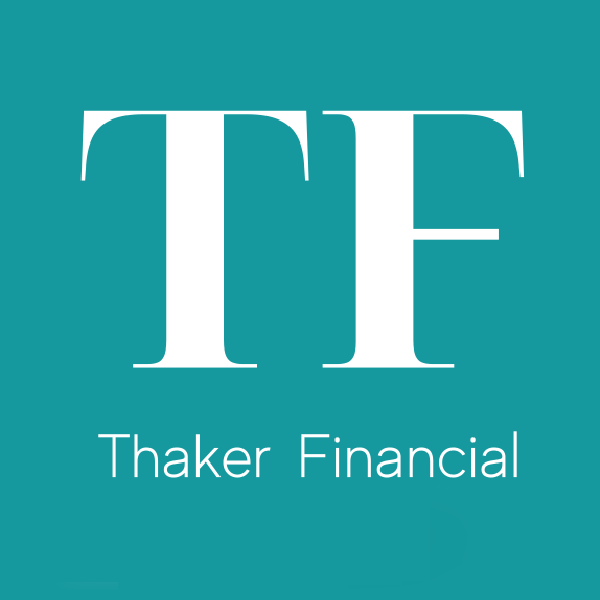Employment Insurance vs. Personal Disability Insurance: A Guide for Business Owners
Hey there, it's Jen from Thaker Financial, and today we're delving into a critical topic for all business owners: insurance coverage. Specifically, we'll be comparing Employment Insurance (EI) to personally owned disability insurance, shedding light on which option might be more suitable for entrepreneurs like you.
Coverage Limits: Employment Insurance typically provides limited coverage, usually up to a certain percentage of your previous income. On the other hand, personally owned disability insurance allows you to tailor coverage to match your specific needs, ensuring you're adequately protected during unforeseen events.
Control and Flexibility: Personal disability insurance offers more control and flexibility. You can customize the policy's terms, duration, and payout amount, aligning it with your business's unique requirements. This level of personalization can be a game-changer for entrepreneurs seeking comprehensive protection.
Business Ownership Considerations: One significant advantage of personally owned disability insurance is that it takes into account your role as a business owner. EI may not cover the specific complexities and financial implications faced by entrepreneurs, leaving them vulnerable during times of disability or inability to work.
Waiting Period: EI often comes with waiting periods before benefits kick in, whereas personally owned disability insurance can offer more flexibility in setting the waiting period according to your needs. This can be crucial for business owners who want coverage to begin sooner in case of a disability.
Tax Implications: EI benefits are taxable, which can significantly impact the amount you receive. In contrast, benefits from personally owned disability insurance are usually tax-free, providing a more comprehensive financial safety net for business owners.
Job Security: EI is tied to your employment status, meaning it's only available if you are an employee or business owner AND pay regular EI premiums. As a business owner, you may not qualify for EI, making personal disability insurance a more viable option to protect your livelihood.
Long-Term Needs: Personal disability insurance often offers long-term coverage, ensuring you're protected even during extended periods of disability. This level of security is essential for business owners who must maintain financial stability to support both personal and business expenses.
In conclusion, as a business owner, your insurance needs differ significantly from those of employed individuals. Employment Insurance may not offer the comprehensive coverage you require, whereas personally owned disability insurance provides tailored protection, flexibility, and tax advantages. When considering insurance options, it's crucial to assess your specific circumstances and consult with a qualified financial advisor to make the most informed decision.
Remember, your business's success depends on your well-being, and safeguarding it through appropriate insurance coverage is a crucial step towards securing your future.
Disclaimer:
The information provided in this blog post is for general informational purposes only and should not be considered as professional financial advice. The content of this blog post may not be suitable for every individual's financial situation or goals. It is important to consult with a qualified financial professional or advisor, like Jen at Thaker Financial, before making any financial decisions or investments.
While the author strives to provide accurate and up-to-date information, she cannot guarantee the completeness or accuracy of the content. Financial markets and regulations are constantly evolving, and readers should independently verify any information presented here and consider it in conjunction with their own research and analysis.
The author and Thaker Financial shall not be held responsible for any losses, damages, or liabilities that may arise from the use or reliance on the information provided in this blog post. Readers are solely responsible for their own financial decisions and should exercise caution and due diligence before taking any actions based on the content presented here.
By reading this blog post, you acknowledge and agree that the author and Thaker Financial are not liable for any consequences, financial or otherwise, that may occur as a result of your interpretation or use of the information provided.

